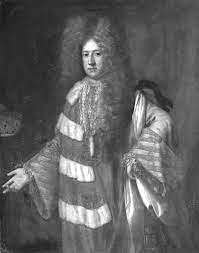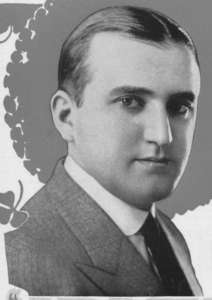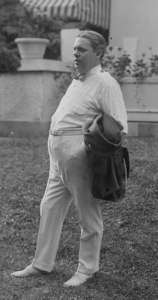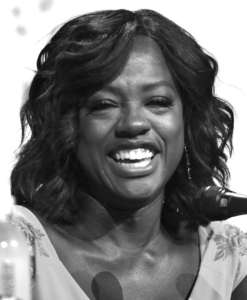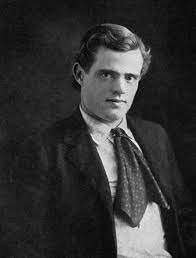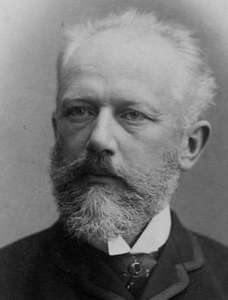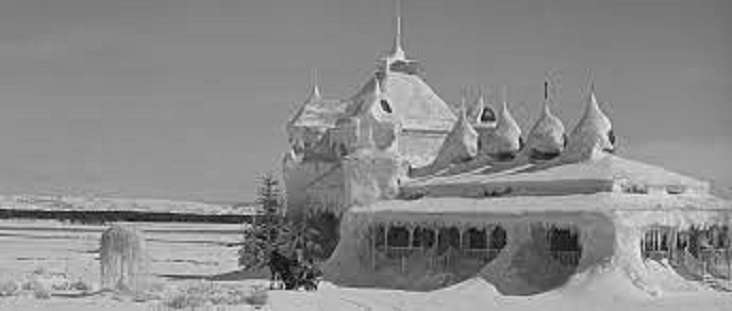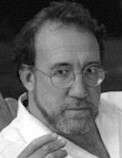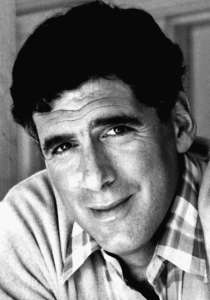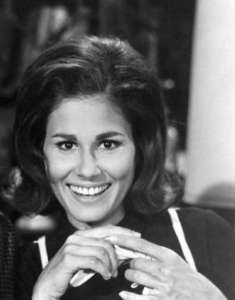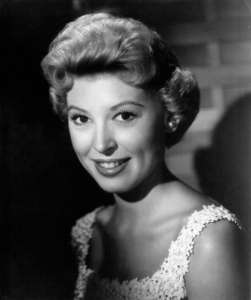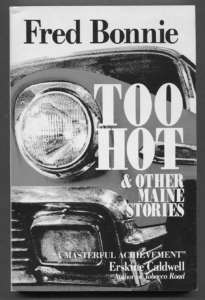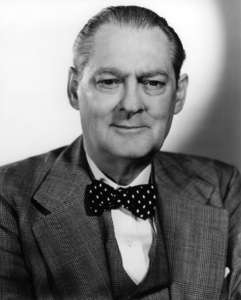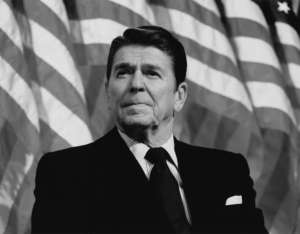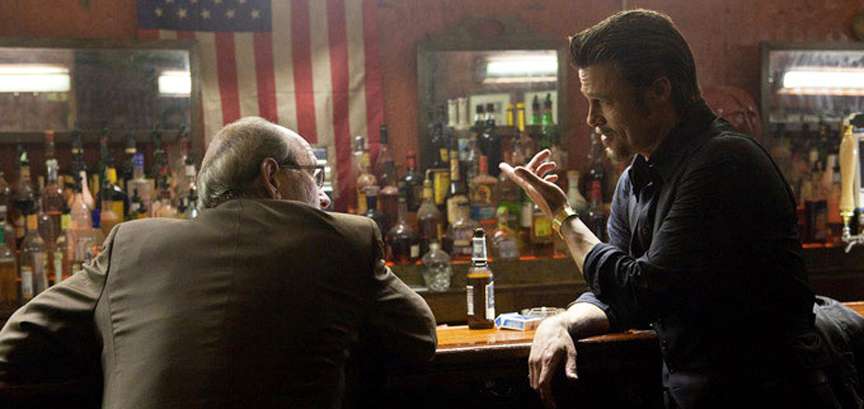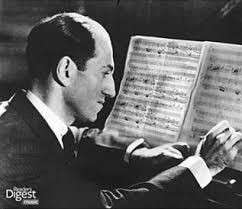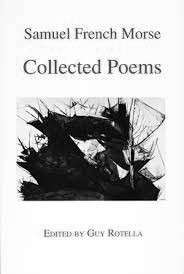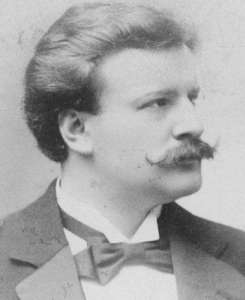REVIEW POTPOURRI – Playwright: Roger Boyle; Forgettable songs; How to Get Away With Murder
 by Peter Cates
by Peter Cates
Roger Boyle
For some years, I have found that the only criticism worth reading, whether books, music, etc., is that which has a passion for the subject, and a sense that the writing is a means of putting one’s thoughts in order while bringing the reader along in this journey.
In his endlessly rereadable Collected Essays, Graham Greene achieved this consistently. Among his interests were the English playwrights from after Shakespeare to the 18th century. One essay, An Unheroic Dramatist, is a 1937 book review of The Dramatic Works of Roger Boyle, Earl of Orrery, edited by William Smith Clark.
Looking up Boyle (1621-1679) on Wiki, I find out he was an Irish Protestant landowner, soldier, historian and poet. He was ferociously anti-Catholic and sided with the English against the Irish Catholics and other independents. And he blew the way the wind blew. He supported the rule of King Charles the First (1600-1649) before that monarch was overthrown and beheaded in the Tower of London, then aligned himself with the King’s adversary Oliver Cromwell after the latter took power and, after Cromwell’s death in 1659, made the leap to safety in supporting King Charles the Second who came back to the throne after being in exile.
I offer the opening paragraph of Greene’s book review for an assessment of Boyle’s merits as a writer and playwright:
“Roger Boyle, Earl of Orrery, is one of the great bores of literature, and it can hardly have been a labour of love for Mr. Clark to edit for the first time eight ponderous heroic plays, hardly lightened by two attempts at comedy. Yet all admirers of the period will be grateful: there is a peculiar satisfaction in seeing one more gap in Restoration scholarship filled with such immense efficiency: no crack between the bricks. …They will read with gorged satisfaction that one of these plays, The Tragedy of Zoroastes, has never before been printed that Orrery’s first play, The Generall, had been previously printed only in a private edition of eighty copies. Another great booming bogus piece, The Tragedy of King Saul, is added to the Orrery Canon for the first time. All this, with the really magnificent notes on Restoration [term for the 1660s monarchy of Charles the Second] stage-craft, is a not unworthy harvest of eight years labour.”
This is a very good example of Greene’s razor sharp clarity with words, his passion for this period of literature, his occasional willingness to be bored and his finely tuned ability at separating the wheat from the chaff.
Forgettable songs
A 1910 acoustically recorded 10 inch shellac record, Columbia A897, contains two glaringly awful old-fashioned deservedly forgettable songs:
Side A – Any Little Girl, That’s A Nice Little Girl, Is The Right Little Girl For Me, as sung by then 18-year-old Walter Van Brunt (1892-1971).
Side B – I’ve Got The Time; I’ve Got The Place, But It’s Hard To Find The Girl, as vocalized by Henry Burr, the frequently used recording name for Harry McClaskey (1882-1941).
Deservedly forgettable but a historically fascinating record of sheer idiocy in Tin Pan Alley songwriting before World War I erupted.
How to Get Away With Murder
Last night I watched the first episode of an ABC series, How To Get Away With Murder, which ran for six seasons beginning in 2014. The opening episode was sporadic in its interest but actress Viola Davis as the main character, a law professor at a prestigious university somewhere in Philadelphia, was well worth watching.
.


